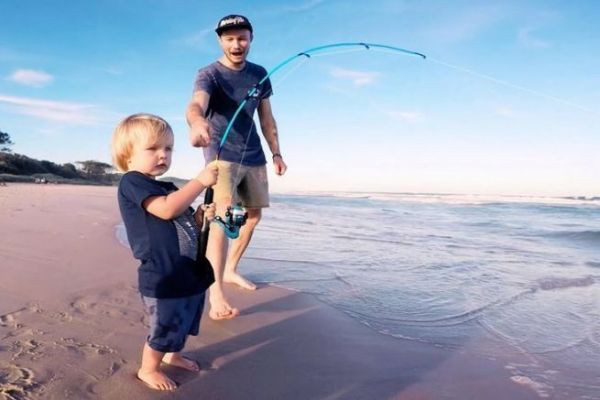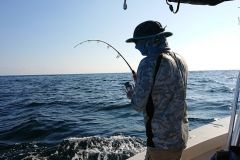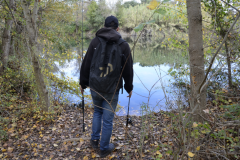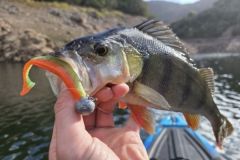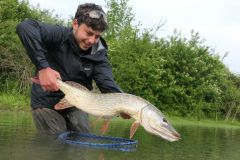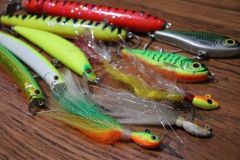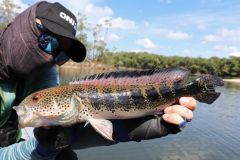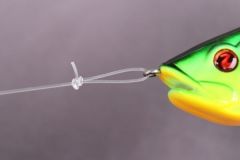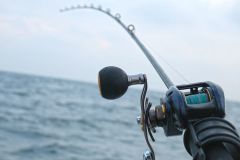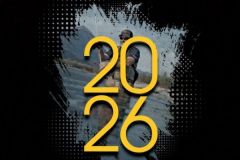We all know someone who doesn't "know" how to fish, but who catches fish, and big ones at that, every time he gets the chance. We reassure ourselves that this is beginner's luck and that he's not capable of reproducing it, because he doesn't "know" how to fish. But facts remain facts: he's managed to catch more and bigger fish than we have... He has succeeded where we have failed! If he can't explain it, we'd better understand it!
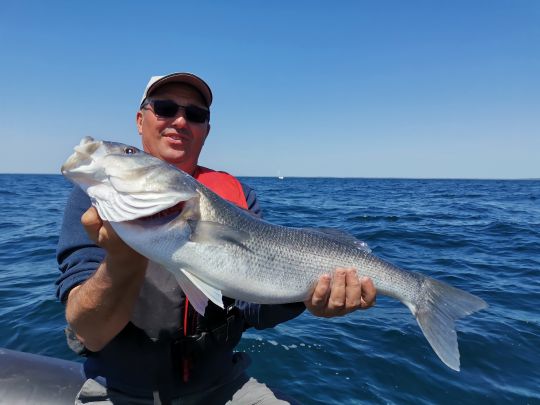
Beginner's luck in fishing
This famous "beginner's luck" theory (which doesn't just exist in fishing) is based on the fact that a totally inexperienced person with no knowledge of the activity does better than we do. This random phenomenon recurs regularly, however, and ultimately loses all its inexplicability.
If this phenomenon exists, it's because there are concrete reasons, situations and parameters that allow it to express itself. In the end, this distinction between luck and knowledge is perhaps an experience and a solution that we need to develop in our fishing strategies.
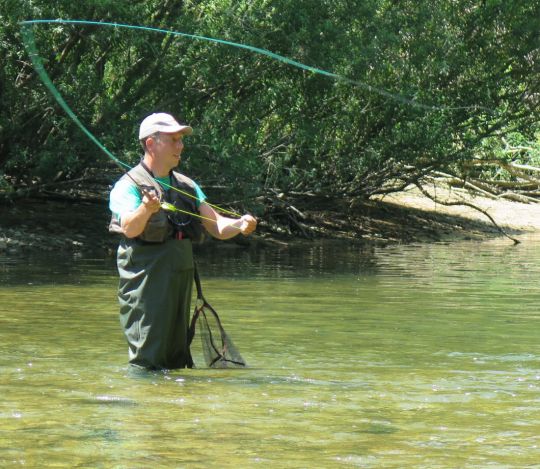
How to explain it?
To explain this phenomenon, we have to admit that the famous "beginner", on that day, in spite of himself or us, was better than we were and ultimately, without knowing it, found the right pattern to catch as many fish as possible and to decide on the biggest ones. If the fishing was easy and the fish were active, in the end, we don't try to analyze the situation (even if there are lessons to be learned), but if the catches were rare, it's important to understand and then develop our knowledge. Because, yes, that famous beginner, whether we like it or not, was better than us and found the right pattern, the right combination of water height, lure and animation to trigger hits.
Our own beliefs limit us
Why did the inexperienced beginner find this pattern and we didn't? Simply because all of us, as anglers, are full of knowledge and experience and we know that in the majority of situations this is the way to fish. We have established patterns and solutions that work 50-95% of the time, depending on our "level", but in the end we're missing part of the solution...
This part is about forgetting what we know, it's about getting out of our established beliefs and patterns, and when you see that beginner throw a 30-gram lead head into 1 metre of water, reel it in as fast as possible and catch a record fish, in the end the only difference between him and us is that he doesn't know and we think we do... Wrong!
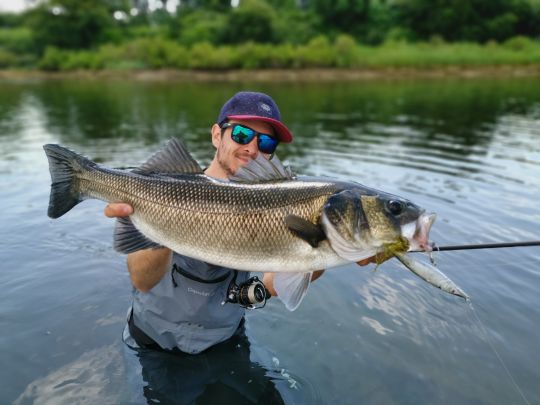
Not setting limits
So the solution is simple: don't set yourself any limits. And the more you progress, the fewer you have. Every barrier we break is another solution, another string to our bow.
I have a friend who is an excellent fisherman and didn't become one by chance. Ever since he was a child, he's had the opportunity to fish in very fishy environments and very often. As a result, he's experienced a lot and sets no limits when it comes to fishing.
So I take him bass fishing at night. We're on a large vein of water with a very strong current and a depth of 10 meters. This configuration didn't stop him from trying a buzzing soft lure... Of course, he didn't catch anything, but when I asked him about it, the answer was simple: "and why not? Indeed, in almost all cases, another more conventional approach is far more effective, but this one could one day be ONE or THE solution.
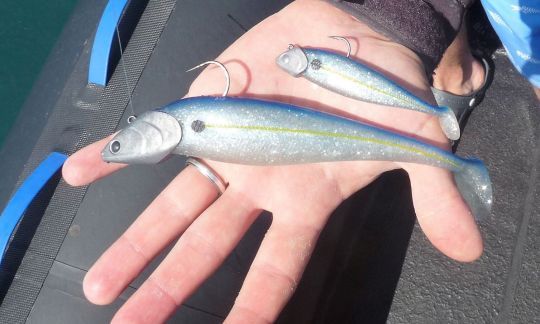
Playing with extremes
In the end, what our beginners have in common with this excellent angler is that he doesn't hesitate to go to extremes, and very often, when nothing works, that's the route to success. Fish, especially big ones, see a number of lures come and go every year, and they either get used to them or become wary of them. In the end, anything that stands out from the crowd arouses their curiosity and diminishes their distrust...

 /
/ 